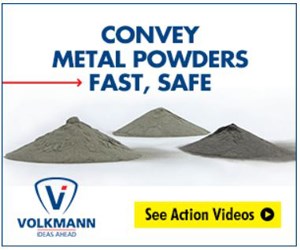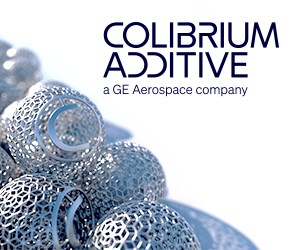Mechnano Develops First Nano-Uniform ESD, High-Temp 3D-Printable Resin
The resin for quick-turn soldering processes can help electronic manufacturing service providers reduce cycle time, increase throughput and ensure nano-uniform ESD protection.
In a recent case study, Mechnano partnered with Tethon3D to develop a high-temperature, rigid electro-static dissipative (ESD) material resin for quick-turn soldering processes. The resin can be processed on a variety of vat photopolymerization systems, including stereolithography, digital light processing and liquid crystal display.
The company says the vat photopolymerization process enables quick-turn part fabrication with ultrahigh accuracy, nano-uniform ESD and exceptional surface finish, while taking advantage of custom 3D-printable design freedom.
This can help the electronics industry be more agile when handling bespoke customer requests by using additive manufacturing (AM) to fabricate ESD parts to support the reflow process. Mechnano uses AM to help electronic manufacturing service (EMS) providers reduce cycle time, increase throughput and ensure nano-uniform ESD protection.
The new material offers more production agility which is essential for customer-specific applications that require a variety of nonstandard components for low-volume production runs. Customers often request custom carriers/pallets to hold printed wiring assemblies during the reflow process. These carriers must protect today’s micro-electronic components from electrostatic discharge and withstand multiple cycles of a high-temperature wave soldering process (245°C).
Using traditional manufacturing technologies for fabrication of these components can slow down production and increase costs, while using the traditional carbon fiber-filled materials in these components does not protect today’s electronics. The challenge is quickly fabricating custom nano-uniform ESD components that would withstand numerous thermal cycles. The newly developed material can address those issues.
Click here to view the full case study.
- Learn more about Mechnano’s ESD photopolymer resin which offers enhanced impact resistance and is well suited for parts that undergo a higher level of abuse where breakage would occur with more rigid solutions.
- Read about the B9Creations - Mechnano collaboration on carbon nanotube-enabled materials for production-ready additive manufacturing solutions.
Related Content
-
This Drone Bird with 3D Printed Parts Mimics a Peregrine Falcon: The Cool Parts Show #66
The Drone Bird Company has developed aircraft that mimic birds of prey to scare off problem birds. The drones feature 3D printed fuselages made by Parts on Demand from ALM materials.
-
Large-Format “Cold” 3D Printing With Polypropylene and Polyethylene
Israeli startup Largix has developed a production solution that can 3D print PP and PE without melting them. Its first test? Custom tanks for chemical storage.
-
Drones Take Flight with Metal and Polymer 3D Printed Parts: The Cool Parts Show Bonus
Drones produced by Cobra Aero now incorporate many 3D printed parts made through laser powder bed fusion and Multi Jet Fusion processes.


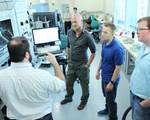

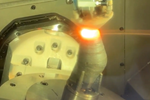
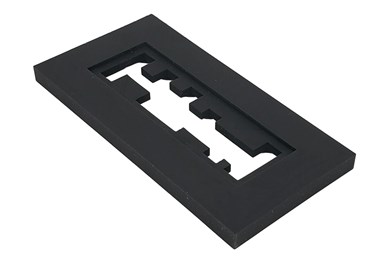
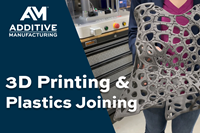
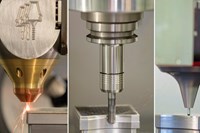
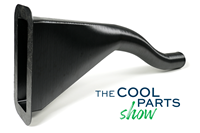
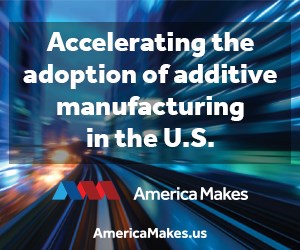
.png;maxWidth=300;quality=90)

